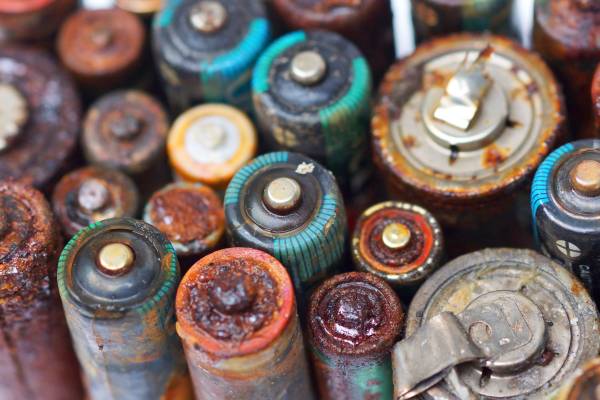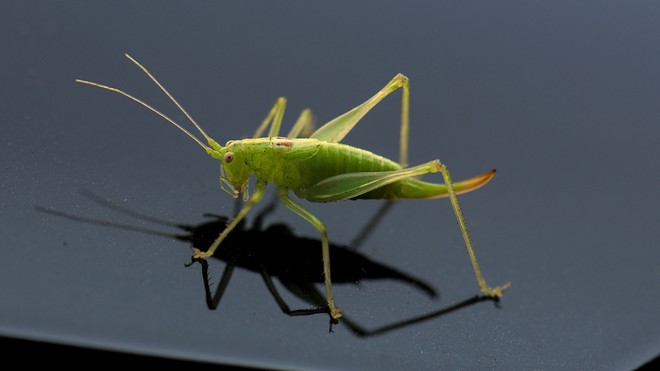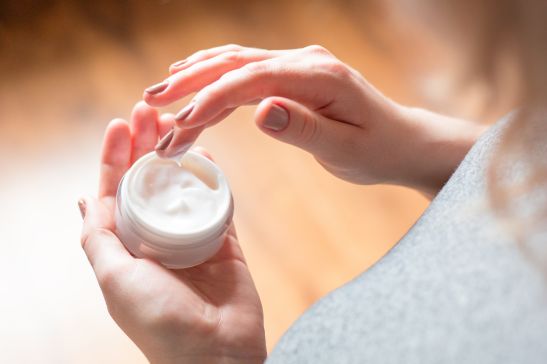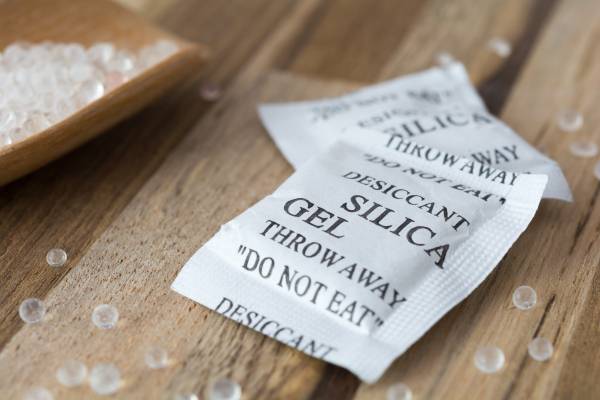Connect with a verified veterinarian in minutes. Licensed vets are available 24/7 to answer your questions. No need to worry about your furry family member.
Batteries are a part of modern life, with many of our devices and gizmos relying on battery power. However, if batteries are allowed to become too old and remain in the device, they can burst and release battery acid. Your dog may find the battery acid and eat it out of curiosity. But what happens if a dog eats battery acid?
Has your dog eaten battery acid? Are you worried that the battery acid will make your dog sick? If so, you’ve come to the right place. We understand it can be scary when your dog eats something like this.
We’ve gathered information about battery acid and whether it can make a dog sick. Let’s get started!
What is Battery Acid?
Battery acid in household batteries is an alkaline potassium hydroxide compound, though it’s usually referred to as acid.
Battery acid may leak if the batteries are kept at temperatures that are too high by storing the batteries in a damp or wet place, storing the batteries for long periods, attempting to recharge a disposable batter, or using batteries that have acid leaking out.
What happens if a dog eats battery acid? Can battery acid make a dog sick?
Battery Acid & Dogs
Unfortunately, battery acid is toxic to dogs. Dogs may chew on toys or other items, or the batteries themselves, releasing the battery acid. The acid can cause serious health issues in dogs. The acid may be sodium hydroxide or potassium hydroxide, both of which can damage tissues that come in contact with the battery acid.

Review symptoms, medications & behavior to keep your pets healthy with a Vet Online in just minutes.
Ask a Vet Live NowSymptoms of Battery Acid Ingestion in Dogs
You may notice these symptoms if your dog has eaten battery acid:
- Depression
- Excessive drooling
- Oral inflammation
- Oral ulceration
- Smacking lips
- Flicking tongue
- Dysphagia
- Vomiting
- Abdominal pain
- Temperature over 104 F
- Coughing
- Lack of appetite
- Intestinal ulceration
If you notice these symptoms in your dog, call the vet immediately. This is an emergency. If not treated promptly, battery acid can cause death.
Treatment of Battery Acid Ingestion in Dogs
The vet may first flush your dog’s mouth with tap water. The vet may also do x-rays to see if your fur baby has swallowed the battery. If so, your canine companion will require surgery to remove the battery.
Once your dog’s initial symptoms have been treated (and surgery performed if needed), the vet may treat your dog with anti-ulcer medication and pain medication. Your fur baby may also need to be on a bland diet for a few days.
The prognosis is best for dogs who receive prompt medical treatment after eating battery acid. In the future, it’s best to keep all batteries out of your dog’s reach. It’s also important to keep all toys and devices that contain batteries out of his reach. You’ll both be happier for it!
Connect with a verified veterinarian in minutes. Licensed vets are available 24/7 to answer your questions. No need to worry about your furry family member.

Julie
Julie is a graduate of the University of North Carolina, Wilmington, where she studied Animal science. Though contrary to the opinion of her parents she was meant to study pharmacy, but she was in love with animals especially cats. Julie currently works in an animal research institute (NGO) in California and loves spending quality time with her little cat. She has the passion for making research about animals, how they survive, their way of life among others and publishes it. Julie is also happily married with two kids.
Review symptoms, medications & behavior to keep your pets healthy with a Vet Online in just minutes.
Ask a Vet Live Now





